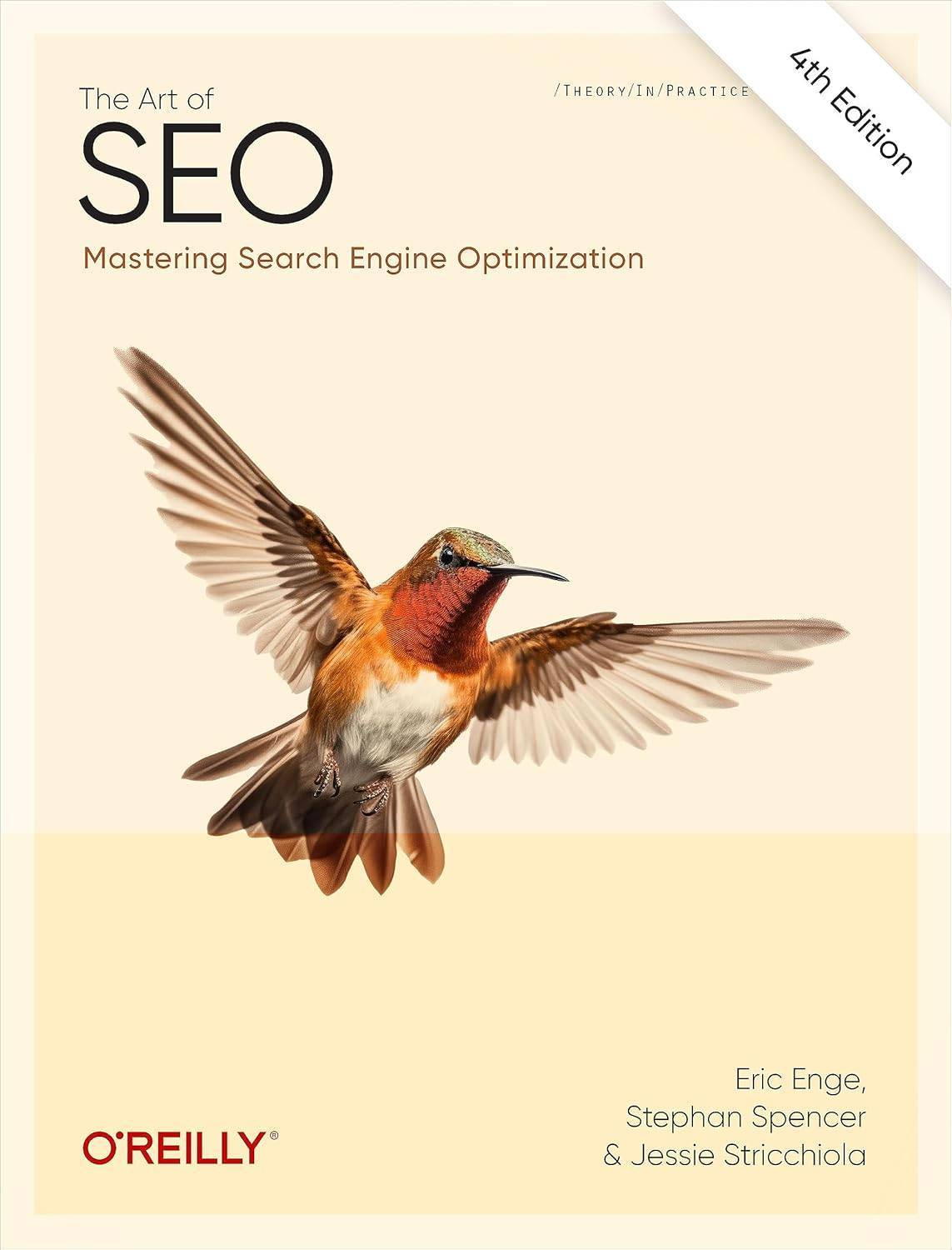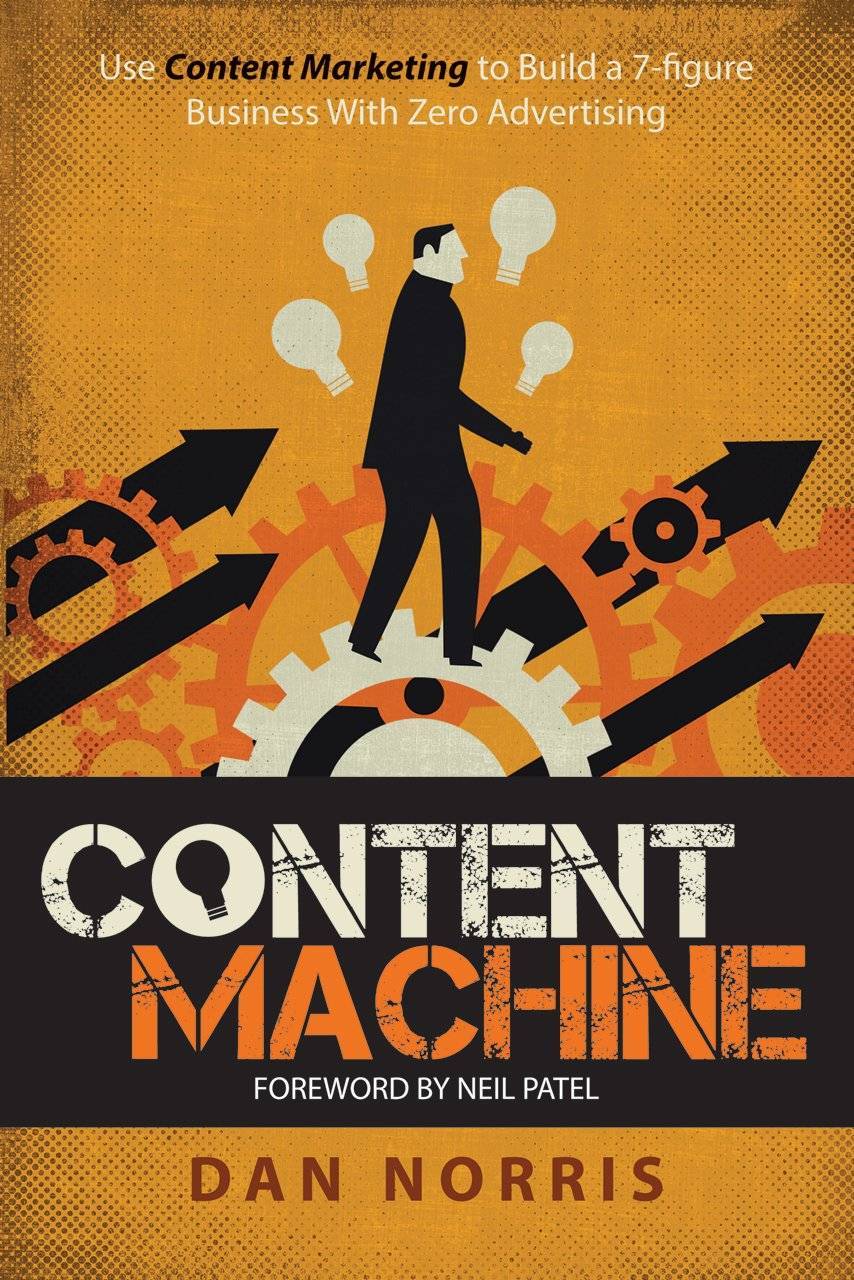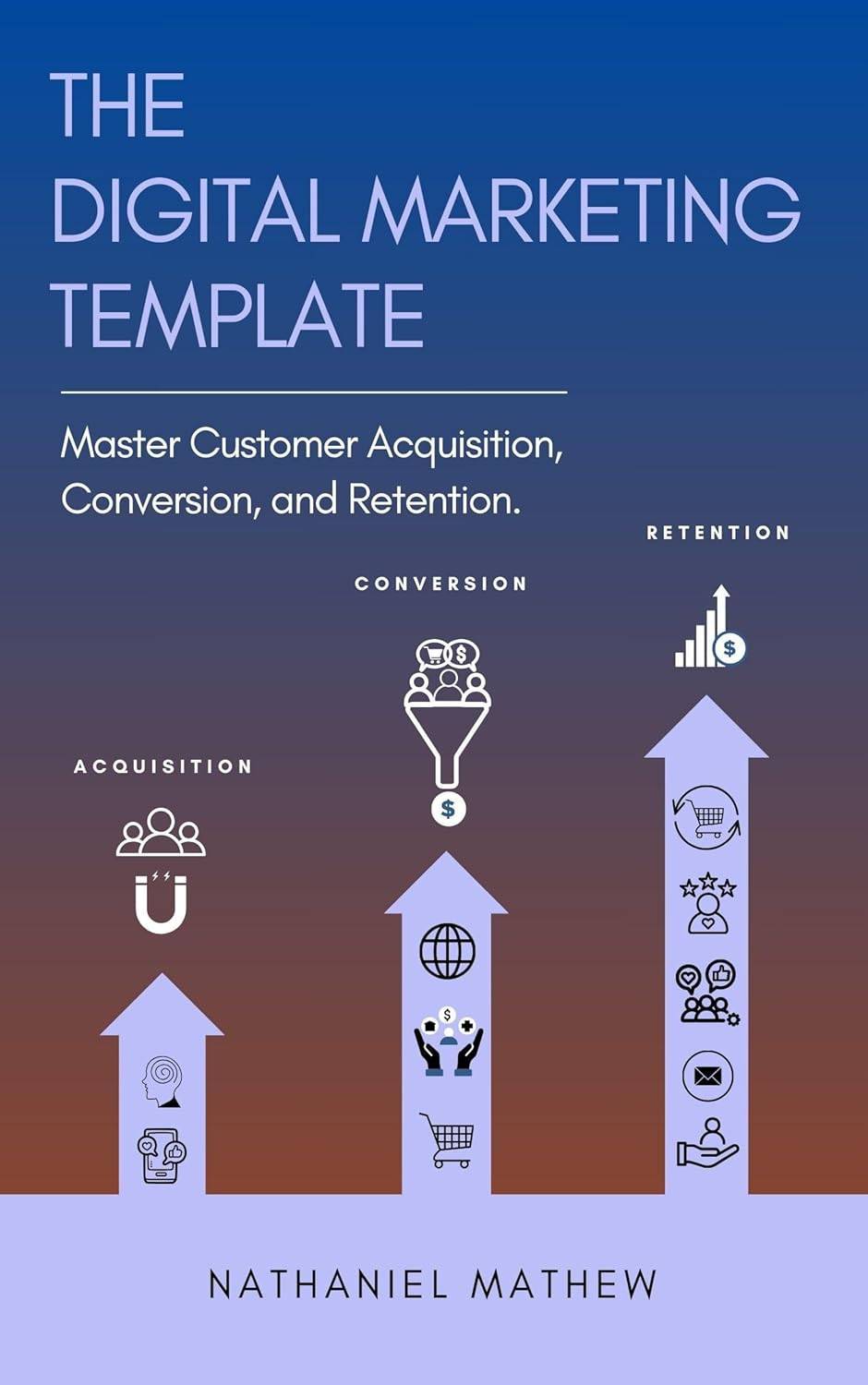Getting Found Online: How to Make Your Website Visible
Learn how to improve your website's visibility and attract more visitors using beginner-friendly SEO techniques.
Last updated: May 18, 2025

Getting Found Online: How to Make Your Website Visible
If you've launched a website but it's not getting visits, the problem usually isn't the content. It's visibility. Most people never click past the first page of Google. This guide explains how you can change that by making your site easier to find.
Whether you're building a new blog, selling handmade products, or running a small service business, understanding search visibility is essential to reaching the right audience online.
TL;DR
To make your website visible in 2025, focus on clear, helpful content, technical stability, and building real-world authority through mentions and links. These foundational steps help both AI and people discover your site and drive sustainable growth.
Recommended Reading
Why Search Visibility Matters
Search engines are how people discover most things online, whether they're looking for local plumbers or gluten-free cake recipes. If your website doesn't appear in relevant searches, you're missing out on traffic, leads, and customers.
Without proper visibility:
- Potential customers may never find you.
- Competitors will dominate search results.
- Even great content will go unnoticed.
Search visibility is not just about SEO rankings. It's about helping people find answers and helping search engines match those answers to real queries.
1. Understand How Search Engines Work
Search engines work like digital librarians. They scan the internet, catalogue pages, and try to connect users with the most helpful, relevant content.
To appear in search results, your website must be:
- Crawlable (search engines can access your pages)
- Understandable (your content aligns with what people search for)
- Trustworthy (other websites vouch for you)
Optimising your site for visibility means making all three of these things easier.
2. Build a Strong Technical Foundation
Before worrying about keywords or backlinks, make sure your site works well. Google prioritises user experience, so your website needs to be fast, stable, and secure.
Focus on:
- Mobile-friendliness: Use responsive design so your site adapts to all screen sizes.
- Site speed: Compress images, avoid bloated plugins, and minimise code.
- HTTPS: Secure your site with an SSL certificate.
- Clear structure: Organise your content with clear headings and logical navigation.
- No broken links or errors: Regularly test for issues using tools like Google Search Console.
You don't need to be a developer, but checking these basics prevents your site from being penalised or ignored.
3. Create Content That Meets Real Search Intent
People use search engines to solve problems. Your content should provide those solutions in a way that's clear, relevant, and easy to read.
Start with questions your audience is likely to ask:
- What do they want to know?
- What would they type into Google?
- What kind of format best answers that (guide, tutorial, product page)?
Then create content that:
- Focuses on a specific topic or question.
- Uses plain language.
- Matches the format people expect (list, how-to, video, etc.).
- Has a clear title and meta description.
Use free tools like AnswerThePublic or Google's "People Also Ask" boxes to find content ideas.
4. Optimise On-Page Elements
Search engines rely on signals to understand your page. These elements help clarify what your content is about:
- Title tags: Keep them unique and relevant for each page.
- Meta descriptions: Summarise what the page offers in 155–160 characters.
- Headings (H1, H2, etc.): Use them to break up content logically.
- Alt text: Describe images for accessibility and SEO.
- URL structure: Use short, readable URLs like
/bake-sourdough-bread.
These signals may seem small, but together they give search engines confidence about your page's purpose.
5. Earn Trust and Authority
Even if your content is excellent, Google still looks for outside validation. That's where authority comes in.
You can build it by:
- Earning backlinks from relevant, trusted websites.
- Getting mentioned on podcasts, blogs, or local news.
- Contributing to forums or communities (like Reddit or Quora).
- Being cited in expert roundups or guest posts.
Don't chase spammy links or "instant boost" promises. Focus on building genuine relationships and useful contributions.
6. Improve Local Visibility (If Relevant)
If you serve a local area, such as a café, tradesperson, or consultant, visibility includes being found on maps and in local search.
Key actions:
- Set up and verify a Google Business Profile.
- Add location-specific keywords to your site (e.g. "plumber in Cardiff").
- Encourage customer reviews.
- Get listed in local directories.
These steps help you show up in Google's local pack and boost trust with nearby searchers.
Common Beginner Mistakes
Ignoring mobile users
If your site is hard to use on a phone, most people will leave immediately.
Copying competitors
Duplicate or near-duplicate content won't perform well. Originality matters.
Chasing traffic instead of relevance
Ten visits from people who actually want your service are better than a thousand that bounce.
Overlooking technical issues
Broken links or slow-loading pages can quietly kill your chances of ranking.
Recommended Tools
Google Search Console
See how Google views your site and what keywords you're appearing for.
Screaming Frog SEO Spider
Audit your site's structure, broken links, metadata, and more.
Ahrefs Webmaster Tools
A free suite that helps you monitor backlinks and site health.
PageSpeed Insights
Test your loading speed and get suggestions to improve it.
RankMath or Yoast (WordPress users)
Simplify on-page SEO directly from your content editor.
When to Hire Help
You might consider working with a professional if:
- Your site has technical errors you can't fix.
- You're planning a full site migration or redesign.
- You're in a highly competitive niche and want to scale.
- Your traffic has dropped suddenly and you don't know why.
Good SEO specialists can identify hidden issues, prioritise fixes, and create a roadmap tailored to your goals.
Final Takeaway
Getting found online starts with making your site accessible, useful, and trusted. Focus on clarity, consistency, and creating content people genuinely want. When done right, the results will compound over time.



